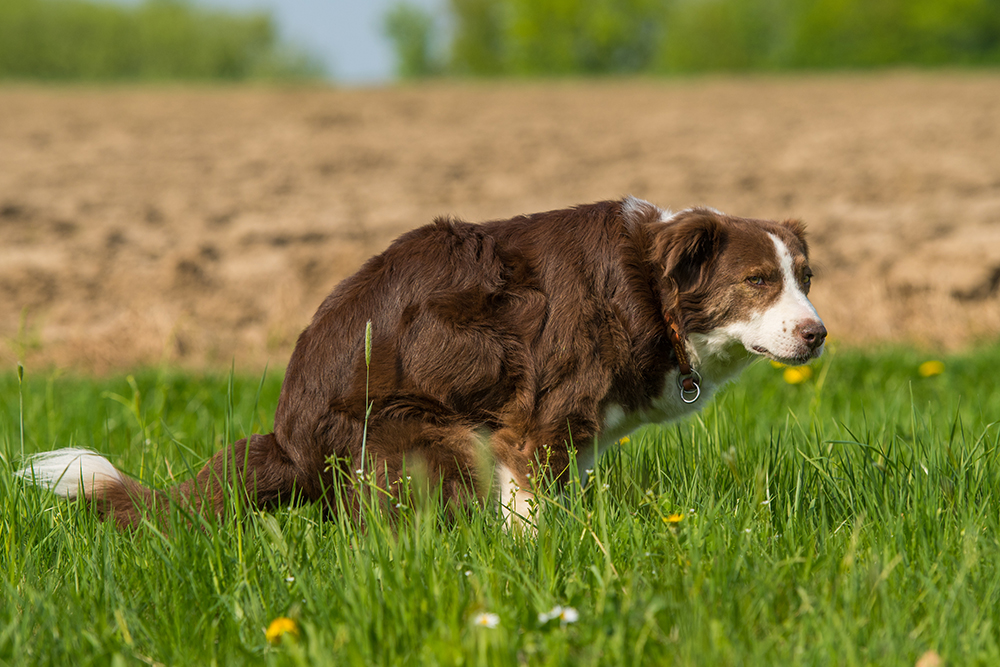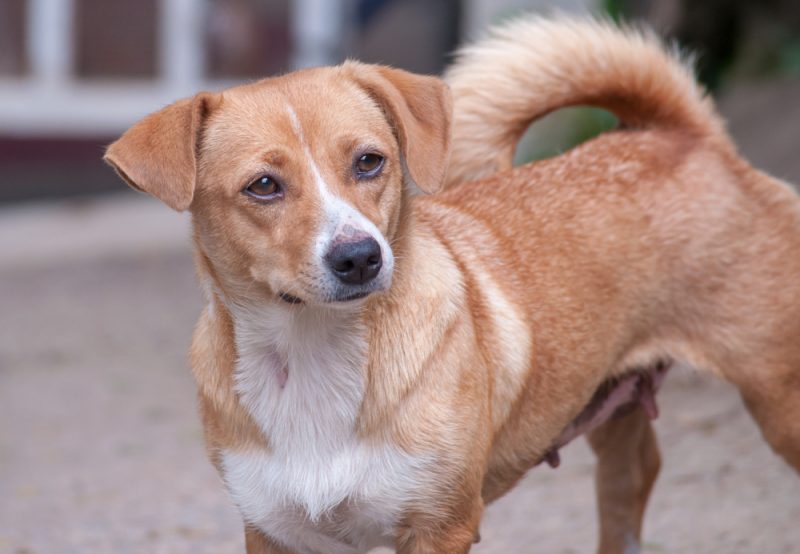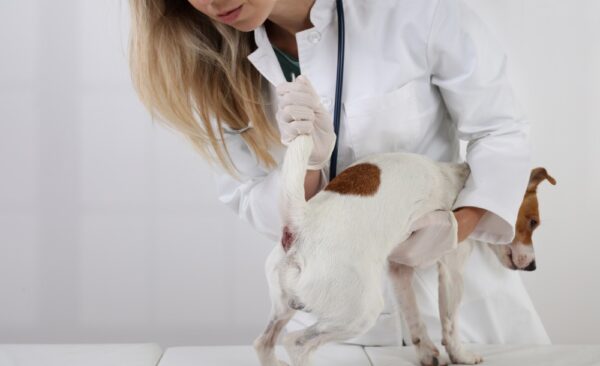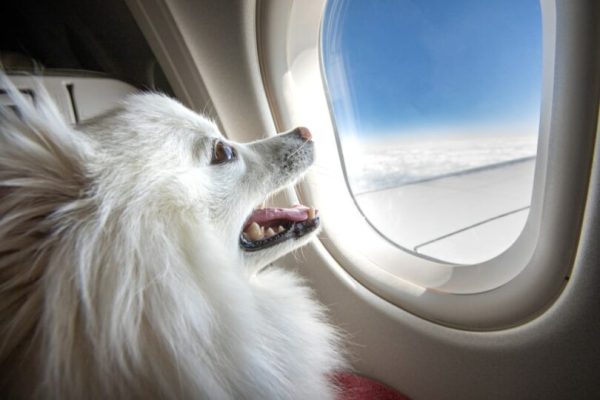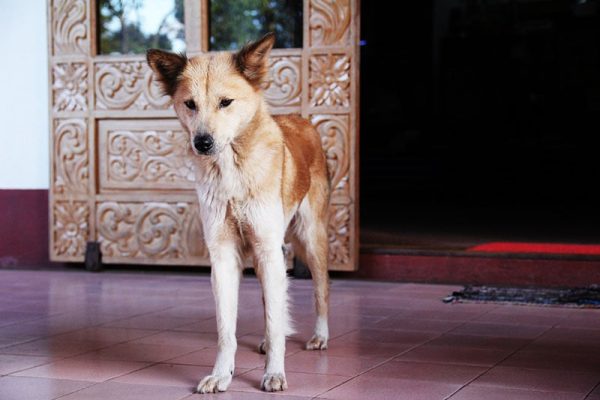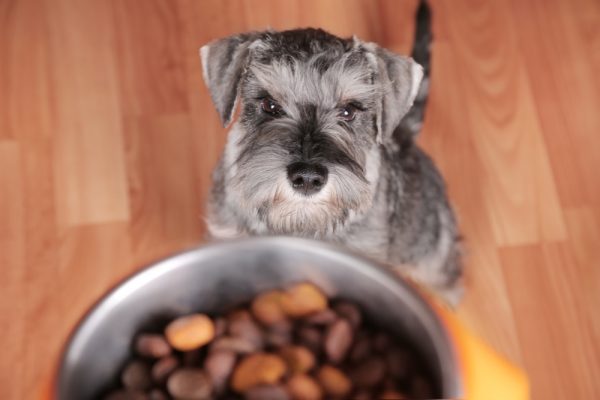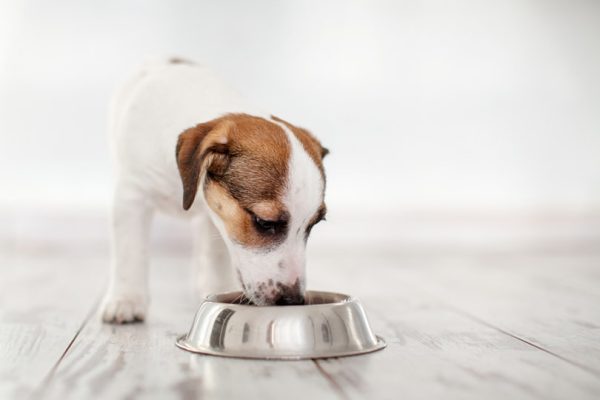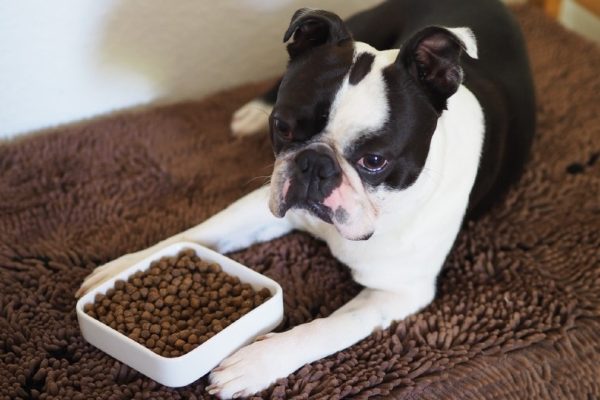If you’ve ever been walking outside and felt a soul-crushing squish underfoot, you’ve likely been the victim of a dastardly non-scooper. In years past, you simply had to scrape your shoe off and move on, but with DNA technology, you can go even further—you can test that dog’s DNA and potentially find their negligent owner! Some communities, parks, and even cities are starting to build databases of dogs’ DNA to test against dog poop left out in common spaces. In many cases, that owner can even receive a fine.
Some people aren’t too keen on the idea, while others think it’s a solution to eradicate non-scoopers and keep public areas clean for the community to enjoy. If you’re interested in learning more about exactly how it works, you’re reading the right article. Let’s break down the pros, cons, and more about dog poop DNA testing.

How Does Dog Poop DNA Testing Work?
The first business to introduce dog poop DNA testing to catch non-scoopers was PooPrints, which partners with thousands of properties across the globe. The goal was simple: to find non-scoopers, whether to warn them or issue fines that encourage compliance with proper dog waste disposal. But how exactly does the process work?
The first step is to register dog owners within a certain radius, whether that’s a neighborhood, apartment complex, or local municipality. Registration is voluntary, with each dog owner paying for the cost of testing, which varies by company and area. Samples are usually either saliva or a cheek swab, each with its genetic testing merits. After that, the dog’s sample will be sent to a lab for testing, which is where the dog’s genetic profile is logged into a database for future reference. Your contact information is also included.
The next step is sample collection, where dog poop left on the sidewalk or elsewhere is collected in a specific container and sent to a lab. That lab uses all their scientific wizardry to extract the poop’s DNA and create a genetic profile or “fingerprint.” The DNA is entered into the database established earlier, and computer software automatically runs it against all the other DNA in the database to look for a match.
If a match is found, that means a registered dog owner who lives in the area isn’t picking up after their dog. What happens next depends on the terms of the property manager. Negligent non-scoopers might receive a sternly worded warning letter, and if they don’t stop, fines could ensue. In some cases, the fines can even escalate with time, making it in the owner’s best interest to simply scoop the poop.
In some cases, DNA testing can be inconclusive. For instance, partially decomposed dog poop can yield uncertain results that may point the finger at multiple dogs with similar genetic markers that live in the same area. For the best results, a fresh sample of the poop is needed.
Strong enforcement measures and voluntary participation can be an effective way to reduce public health risks and water contamination, as well as encourage public cleanliness. On the flip side, the whole thing sort of falls apart at the seams if it isn’t enforced. You need people to watch public areas and pick up the poop according to proper sample collection protocol, and you need to have a dog’s DNA registered prior to the offense.
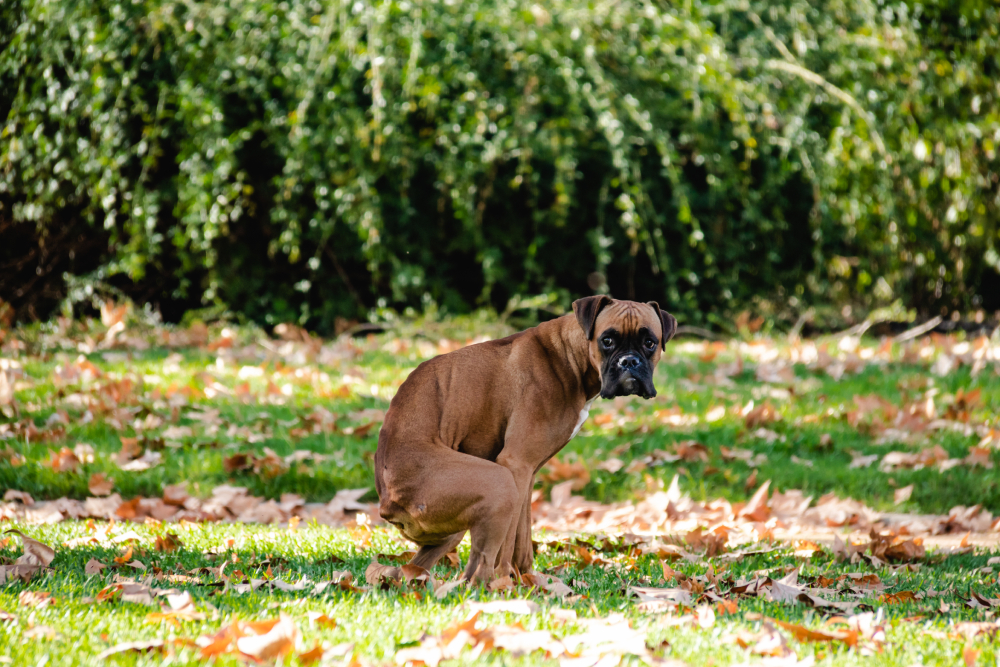
Where Is Dog Poop DNA Testing Used?
When DNA testing was introduced in the 1980s, it was quickly adopted by law enforcement agencies to identify crime suspects. However, we’d bet money nobody thought it would one day be used to catch dog owners who didn’t clean up after their dogs!
Today, dog poop DNA testing is used in communities worldwide to pinpoint non-scoopers and sometimes even fine them into compliance. From Balzano in northern Italy to Beziers in southern France, Tel Aviv in Israel, and even apartment complexes in Denver, communities have experimented with DNA testing dog poop to identify their owners.
You’ll be surprised about one of dog poop DNA testing’s most fascinating uses: locating murder suspects! This study from 2020 details how forensic scientists were able to match dog poop at the scene of a triple murder to the dog poop on the suspect’s shoe. Ironically, not scooping actually paid off in this case!
This practice is usually limited to upscale neighborhoods with strong homeowner’s associations, dense urban areas with lots of dogs, public dog parks, and certain municipalities. Aside from ethical concerns, the monetary costs of DNA testing, building a database of DNA profiles, and enforcement are onerous to keep up. Not only that, but it depends on owners voluntarily registering their dogs and paying for surprisingly costly testing.
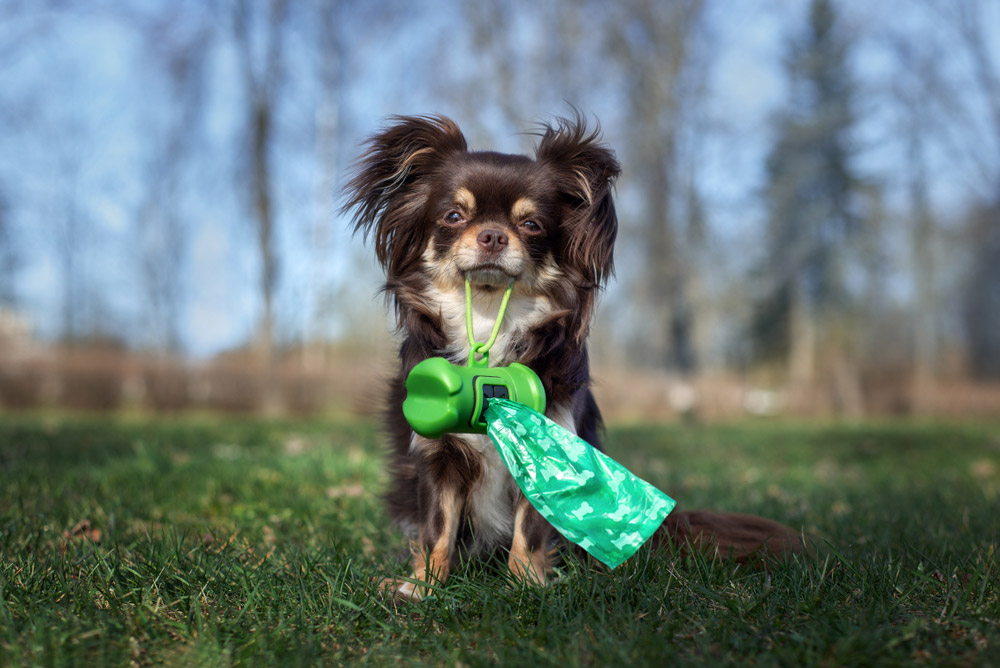
Advantages of Dog Poop DNA Testing
- Forces negligent dog owners to take responsibility for not scooping
- Encourages proper pet owner waste disposal
- Reduces public health risks like parasites or animal-borne viruses
- Fair degree of accuracy
Disadvantages of Dog Poop DNA Testing
- Requires dog owners to voluntarily register
- Costs dog owners money to register
- Requires vigilant enforcement to be successful

Frequently Asked Questions (FAQ)
Is Dog Poop DNA Testing Ethical?
Some think DNA testing dog poop is ethical because it’s in pursuit of a noble goal: catching non-scoopers and keeping the environment clean. Others aren’t convinced and believe the cons outweigh the pros. Namely, it involves invasion of privacy and high costs. No matter which side you land on, the matter will remain quite the kettle of fish in the near future as more communities sign up to DNA test dog poop and identify non-scoopers.
How Much Does Dog Poop DNA Testing Cost?
The exact cost might change based on where you live, but in most cases, it’s around $30 to $60 to register a single dog. If you have multiple dogs, you may be eligible for a discount on registration.

How Often Do I Need to Re-Register My Dog’s DNA?
Never. DNA testing is a one-and-done affair unless a dog changes owners and/or homes.
Does Dog Poop Pose Public Health Risks?
Yes, dog poop can transmit a variety of parasites and bacteria like Staph. aureus, Enterococcus, and roundworms and hookworms. Not only are curious dogs that investigate every pile of poop extremely vulnerable to becoming infected with any of the above nasties, but they can also be transmitted to humans. To add a cherry on top of this lovely “chocolate cake,” dog poop may pollute groundwater as well.

Conclusion
Dog poop DNA testing may be an effective way to force non-scoopers to reckon with their negligence and keep parks beautiful, but it requires robust enforcement and widespread community participation to work as intended. Whether you agree with the practice or not, thousands of communities across the world have used it to some degree of success so far!
Featured Photo Credit: Dora Zett, Shutterstock
